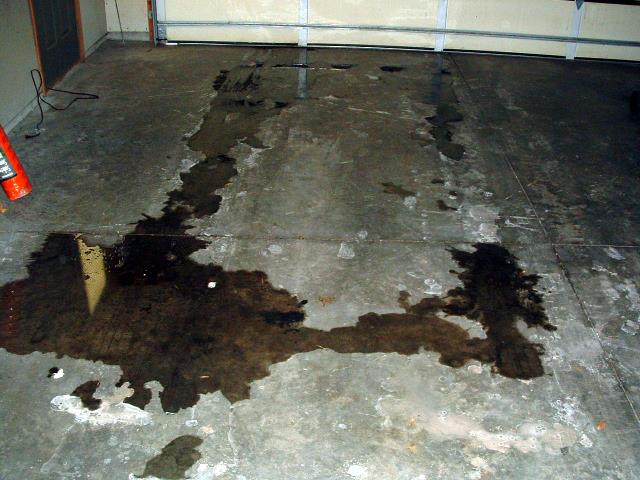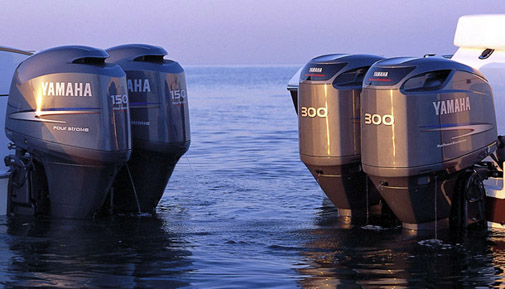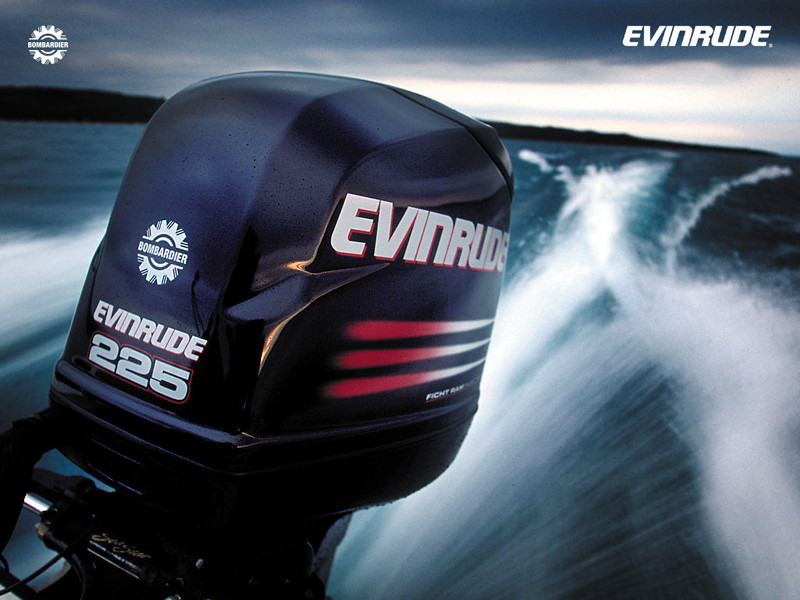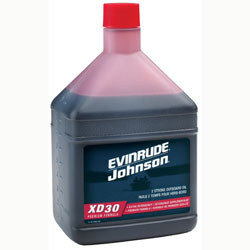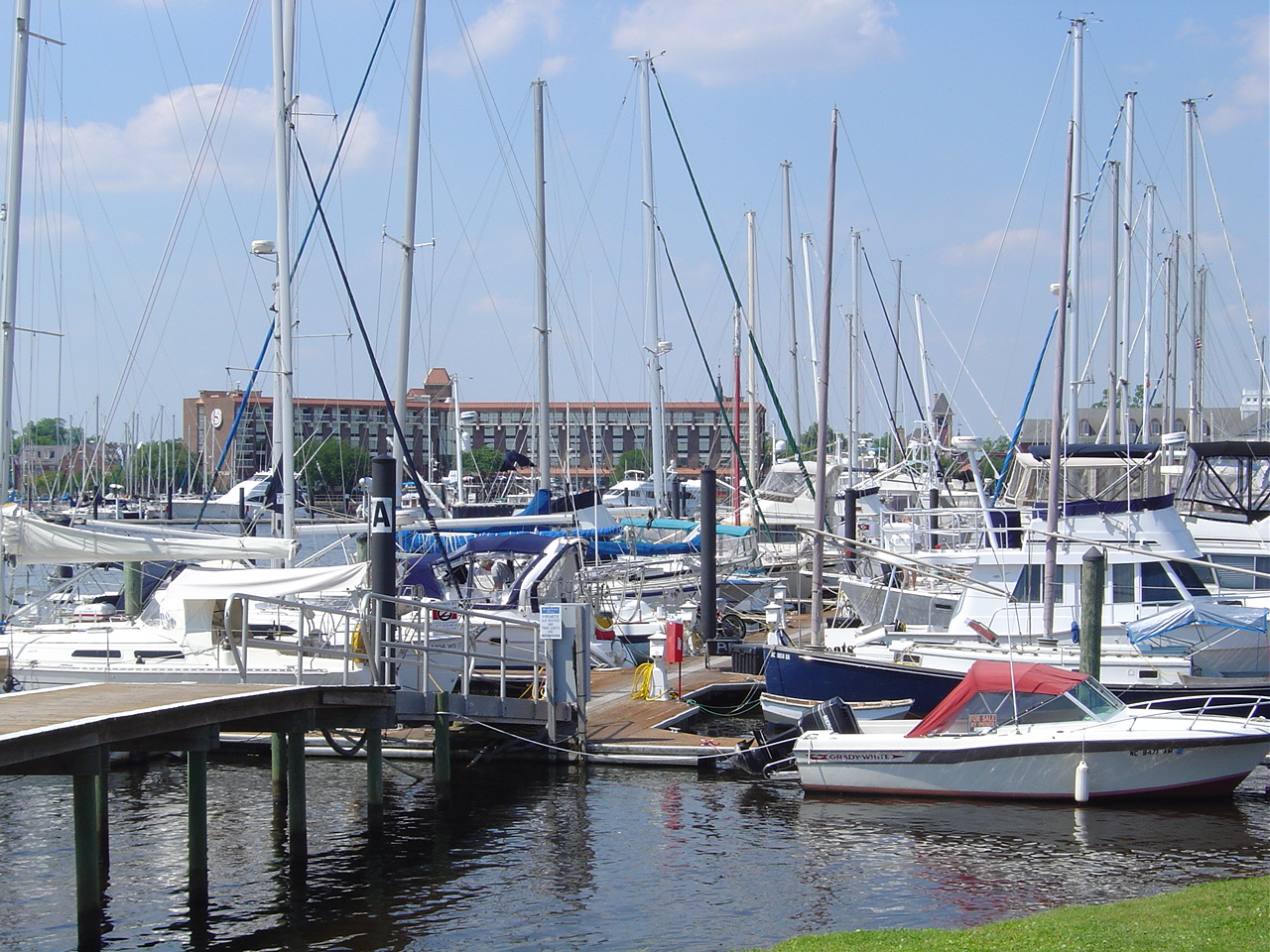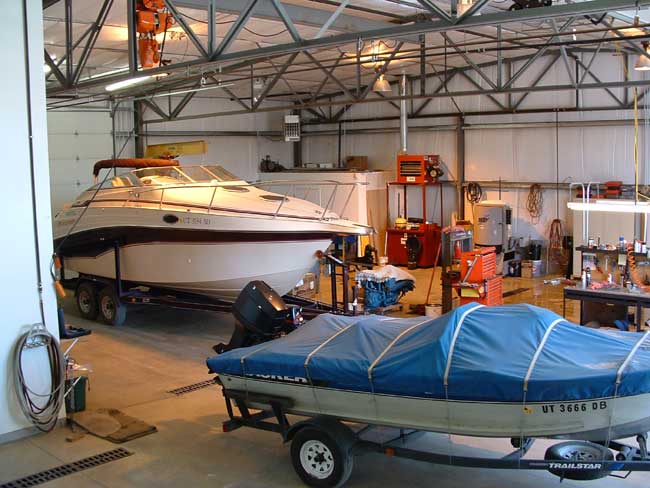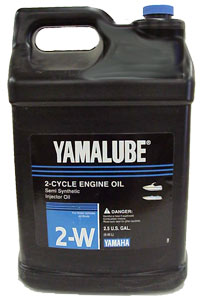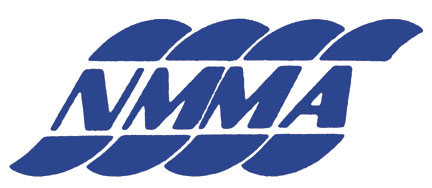Switching from Conventional to Synthetic
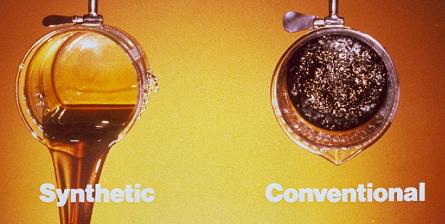
When switching from conventional oil to synthetic oil in your outboard motor, there is one central precaution of which to be aware: you can’t switch back. Synthetic oils, like the Evinrude XD100 oil, offer increased performance and are friendlier to the environment. However, synthetic oils also cost more than conventional mineral oil, and it’s important to note that the switch, if made, is permanent. The additives in synthetic oil replace all of those in conventional motor oil, but synthetic oil also contains different molecules. These molecules work to preserve the condition of your engine while synthetic oil is being used, but if mineral oil which doesn’t have these molecules is used after the engine has adapted to synthetic, the absence of the molecules can cause engine damage.
It’s important to make sure you can consistently use synthetic oil if you switch to it, otherwise, you risk permanent engine damage and ultimately, buying a new outboard motor.


